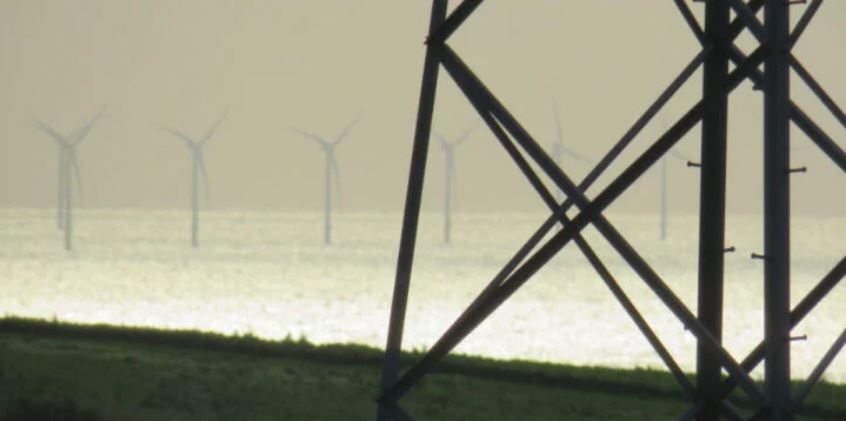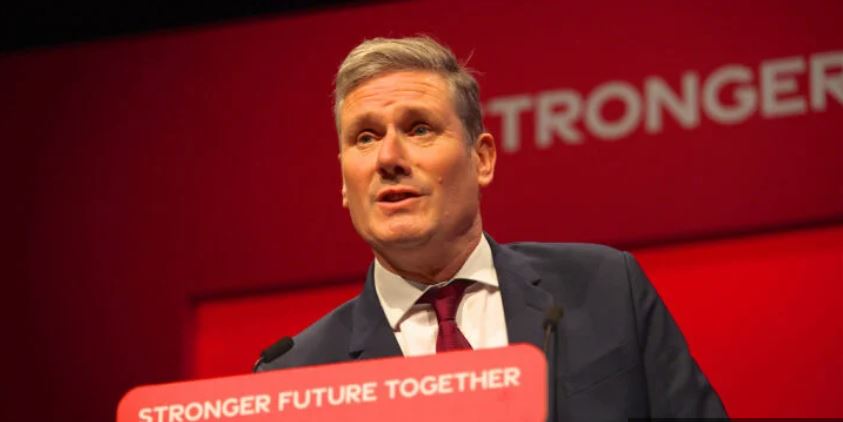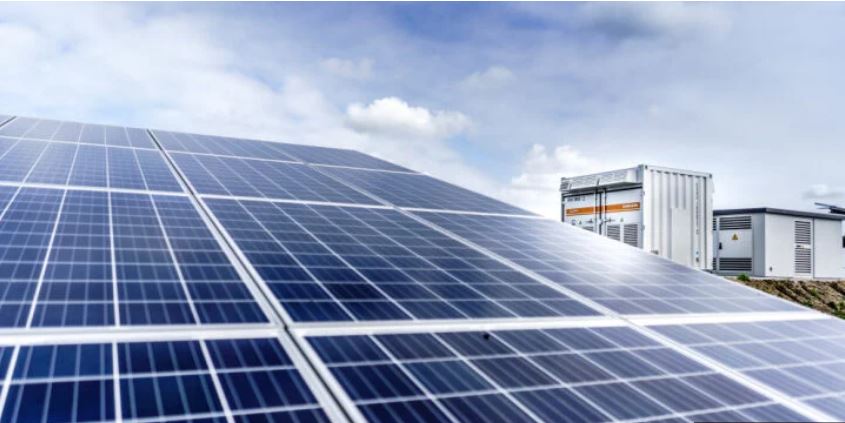Flagship Energy’s Tejal Shah Energy Markets Update – 4th July 2024

Tejal Shah, Head of Trading & Risk at Flagship Energy provides a market update. UK and European gas markets have seen some easing on the near-term contracts this week, with the NBP front month down 7% from last Friday, whilst further out on the curve rangebound activity continues. The demand forecast is quite stable with […]
Election win triggers calls for accelerated green policies

The Labour Party’s election victory has prompted calls for immediate action on energy and climate commitments from industry leaders. Following the Labour Party‘s win in the general election, leaders in the energy sector have expressed their support and urged for prompt action on the party’s commitments to energy and net zero targets. Mike Thornton, Chief Executive of Energy Saving Trust, […]
Labour unveils details for new publicly-owned energy company in manifesto

Labour plans to establish Great British Energy, a public company to invest in clean, home-grown energy production. Labour has announced plans to establish a new publicly-owned company, Great British Energy, as part of its manifesto released today. The company aims to drive investment in clean, home-grown energy production and will be owned by the British public. Great British Energy […]
More than half of small businesses fear rising energy costs

More than half of small business owners are concerned about rising energy costs over the next five years, according to a new survey. A recent survey conducted by the Federation of Small Businesses (FSB) highlights significant concerns among small business owners regarding energy costs in the lead-up to the general election. More than half (53%) of respondents expressed […]
Europe’s top markets for renewables and battery co-location unveiled

Germany, Great Britain, the Ireland I-SEM and Poland lead in Europe’s renewables co-location markets, according to new research. Germany, Britain, Ireland‘s I-SEM and Poland are recognised as top markets for integrating renewable energy sources (RES) with battery storage systems across Europe. That’s according to Aurora Energy Research’s report, which anticipates an increase of 421GW in intermittent RES capacity by […]
Small businesses seek government backing for green growth

Nearly 80% of business owners aim to cut emissions, but lack of support – especially financial – is hindering progress, according to a new report. Small businesses call for the next government to take a leading role in promoting sustainable practices among small enterprises. According to a report by Small Business Britain these businesses, which collectively contribute nearly […]
Suppliers should just start somewhere, says supply chain expert

In this week’s Net Hero Podcast we spoke to Matteo Deidda, Supply Chains Senior Sustainability Officer at Lloyds Banking Group told us that collaboration and communication are key for net zero. Financial institutions are at the core of the transition to a greener future. This is what Matteo Deidda, Supply Chains Senior Sustainability Manager at […]
Electricity switching hits record high in April

Energy supplier switching in April 2024 reached its highest level since October 2021, with 287,000 switches, according to a new report. Energy supplier switching in April 2024 reached its highest level since October 2021, with 287,000 switches completed. This marks a 28% increase from March 2024 and a 45% increase from April 2023. The rise in switching was […]
Flagship Energy’s Tejal Shah Energy Markets Update – 29th May 2024

Tejal Shah, Head of Trading & Risk at Flagship Energy provides a market update. 1) What’s happening in the markets and why? Last week the market reached highs not seen so far this year. Although prices have improved, we remain at the top end of the price range with Winter-24 gas in the UK still […]
Ofgem cuts price cap, winter bills expected to rise

Ofgem has announced a 7% reduction in the energy price cap but forecasts indicate bills will rise again this winter. Ofgem has announced the energy price cap for the third quarter of 2024, setting it at £1,568 annually for a typical dual fuel consumer. This represents a 7% decrease from April’s cap of £1,690. The […]




